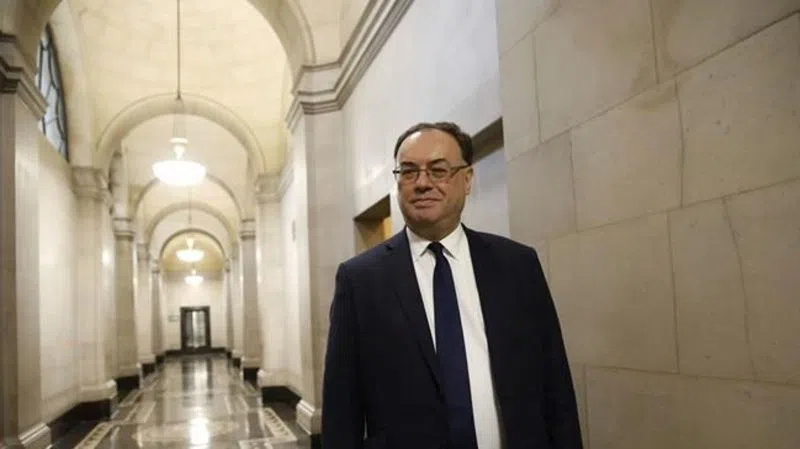
In response to virus, Bank of England cuts main rate to 0.1%
LONDON — The Bank of England slashed its main interest rate to 0.1%, the lowest level since its founding in 1694, and reactivated a bond-buying stimulus program in response to the economic shock of the coronavirus pandemic.
The bank’s nine-member Monetary Policy Committee said Thursday that the moves were designed “to meet the needs of U.K. businesses and households in dealing with the associated economic disruption.”
The interest rate cut comes just about a week after the central bank cut its rate from 0.75% to 0.25% at another emergency meeting.
Perhaps more important than the rate cut, the bank said it was relaunching its monetary stimulus program that it had first used during the global financial crisis a little more than a decade ago.



